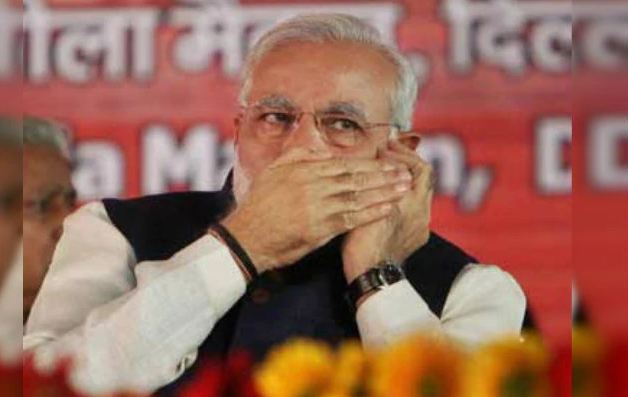In a big boost to the safeguards in the telecom sector, the Government is all set to launch a technology solution next month to enable detection of lost or stolen mobile phones that are operating in the country. With the technology ready The Centre for Development of Telematics (C-DoT) is expected to roll out the service in August. This new phone tracking system will enable the agencies to track lost or stolen phones even after their SIM card is removed. The phone tracking technology will also be operational in case if the IMEI number on the phone is also tampered with.
“C-DoT is ready with the technology. The telecom department will approach the minister for its launch after the Parliament session. It should be launched in the next month,” a C-DoT official said. Central Equipment Identity Register (CEIR), the mobile phone tracking project of the Department of Telecommunications is mainly aimed at curbing counterfeit cell-phones and discouraging theft.
A sum of RS 15 Crores has also been allocated for the setting up of Central Equipment Identity Register (CEIR) in the country. The CEIR system will operate by blocking all services on stolen or lost mobile phones on any network even if the SIM card is removed or IMEI number of the handset is changed. In a memorandum dated 3rd July 2019, The Department of Telecommunications has laid out the objective behind setting up of CEIR, the phone tracking project.
“With the aim to curtail the counterfeit mobile phone market and discourage mobile phones theft, protect consumer interest and facilitate law enforcement authorities for lawful interception, DoT intends to implement Central Equipment Identify Register (CEIR) that connects to the IMEI database of all the mobile Operators. CEIR acts as a central system for all network Operators to share black listed mobile terminals so that devices blacklisted in one network will not work on other networks even if the Subscriber Identity Module (SIM) card in the device is changed.”
The Implementation of CEIR will surely resolve certain issues namely curtailing of counterfeit mobile phones, blocking of lost/theft mobiles, maintaining the registry of all equipment, protecting the interests of the consumers, mechanism to report loss/theft of mobile equipment and facilitate IMEI based lawful Interception.
Regarding the Implementation of the technology, the memorandum outlines the hardware requirements for the phone tracking project, the memorandum also called for a pilot project: “For a nationwide deployment it will be required to work out the hardware requirements in the form of servers, memory capacity, connectivity, and the software requirements in the form of various execution modules, databases and reporting formats and the development and deployment effort. It is suggested to have a pilot in one LSA with one operator involving the interfaces, mobile network and databases of that operator. This would facilitate customizing activity in close coordination with that operator. Subsequently the pilot can be scaled to cover all the operators of that LSA. Thereafter after due validation of the solution it can be extended to cover pan India.” It is proposed to execute the pilot in the Maharashtra LSA with BSNL as the operator.
Over 120 cell-phones are reported to be stolen in Delhi everyday and over 200 a day in Bengaluru. The new phone tracking system set to start next month, is expected to curb the menace of cell-phone theft, the recovery rate of which is presently very dismal.
